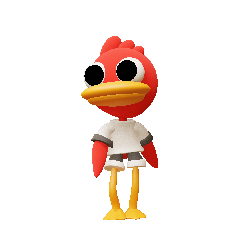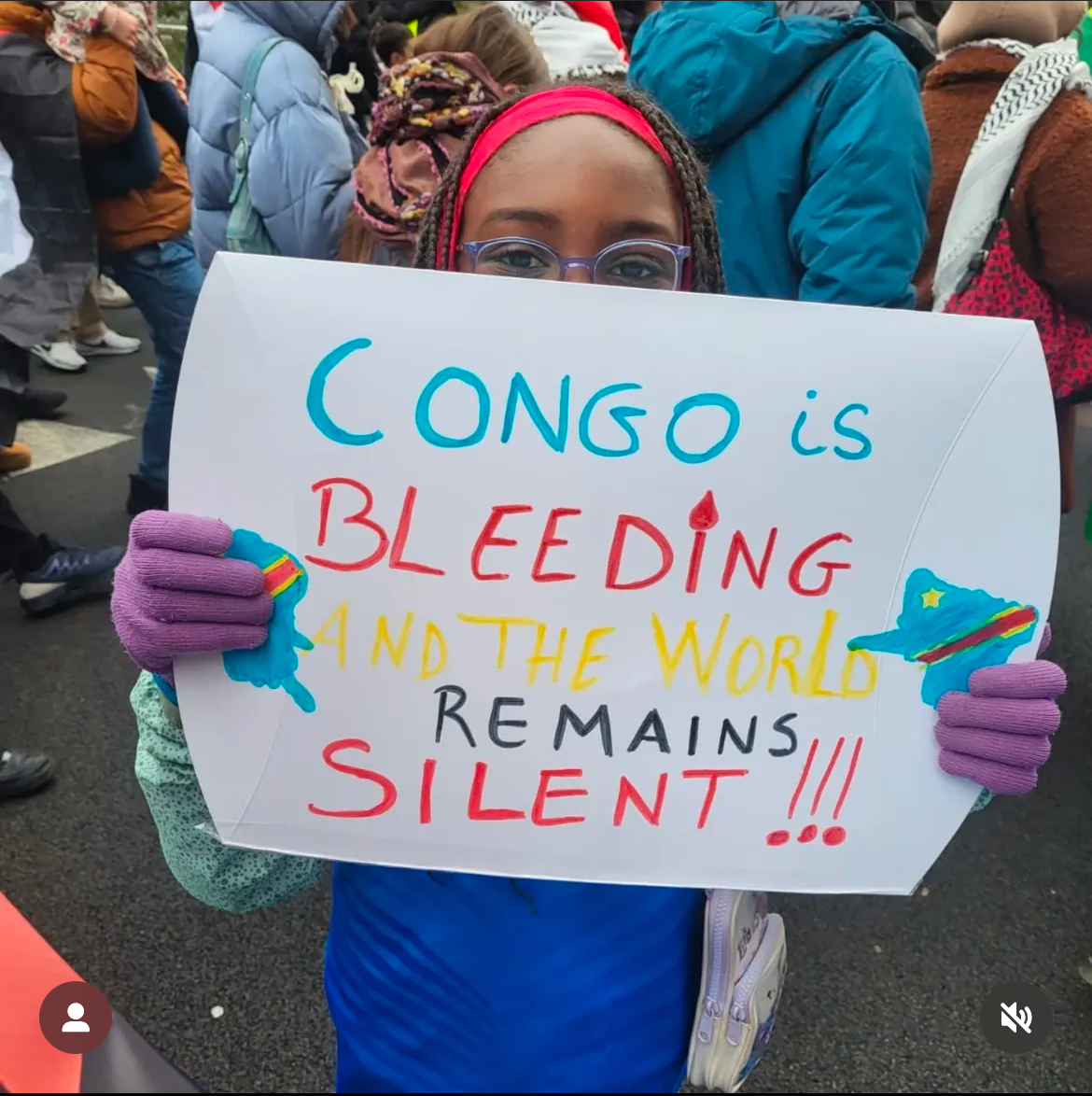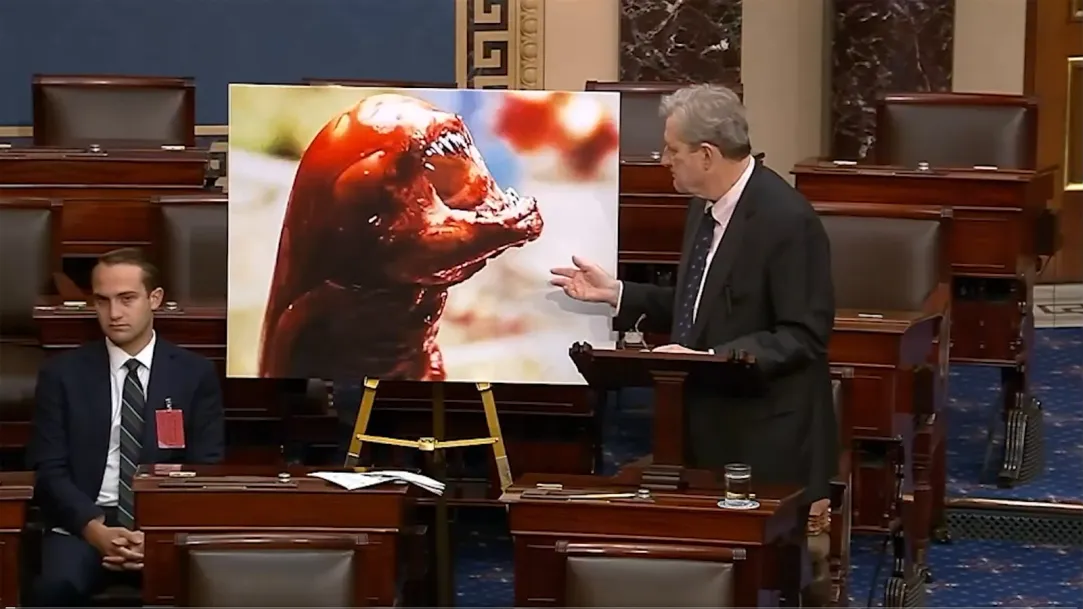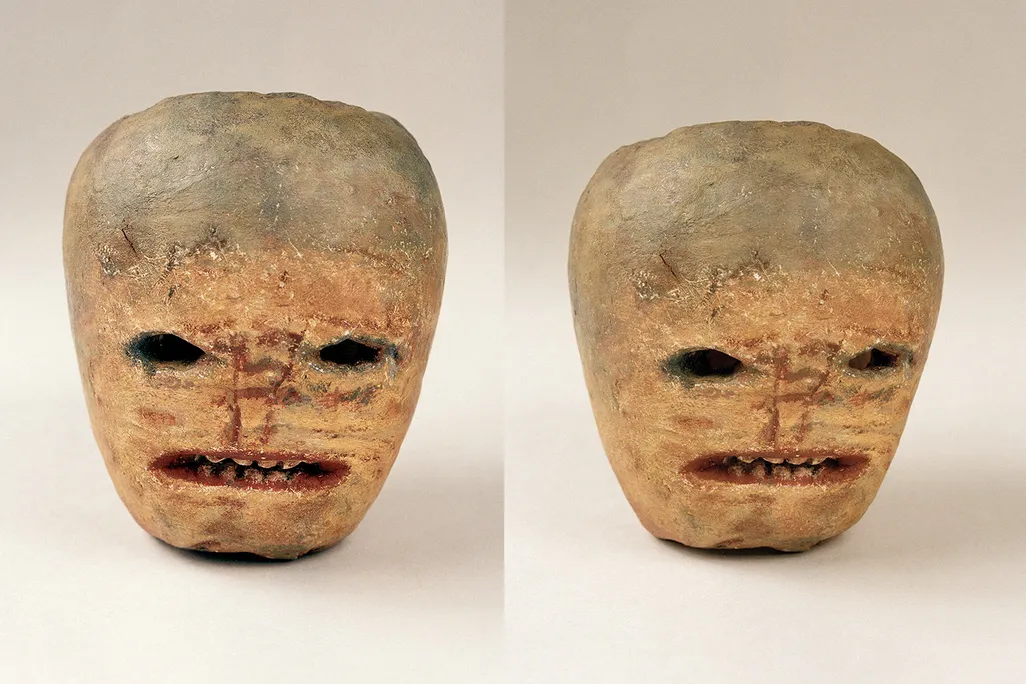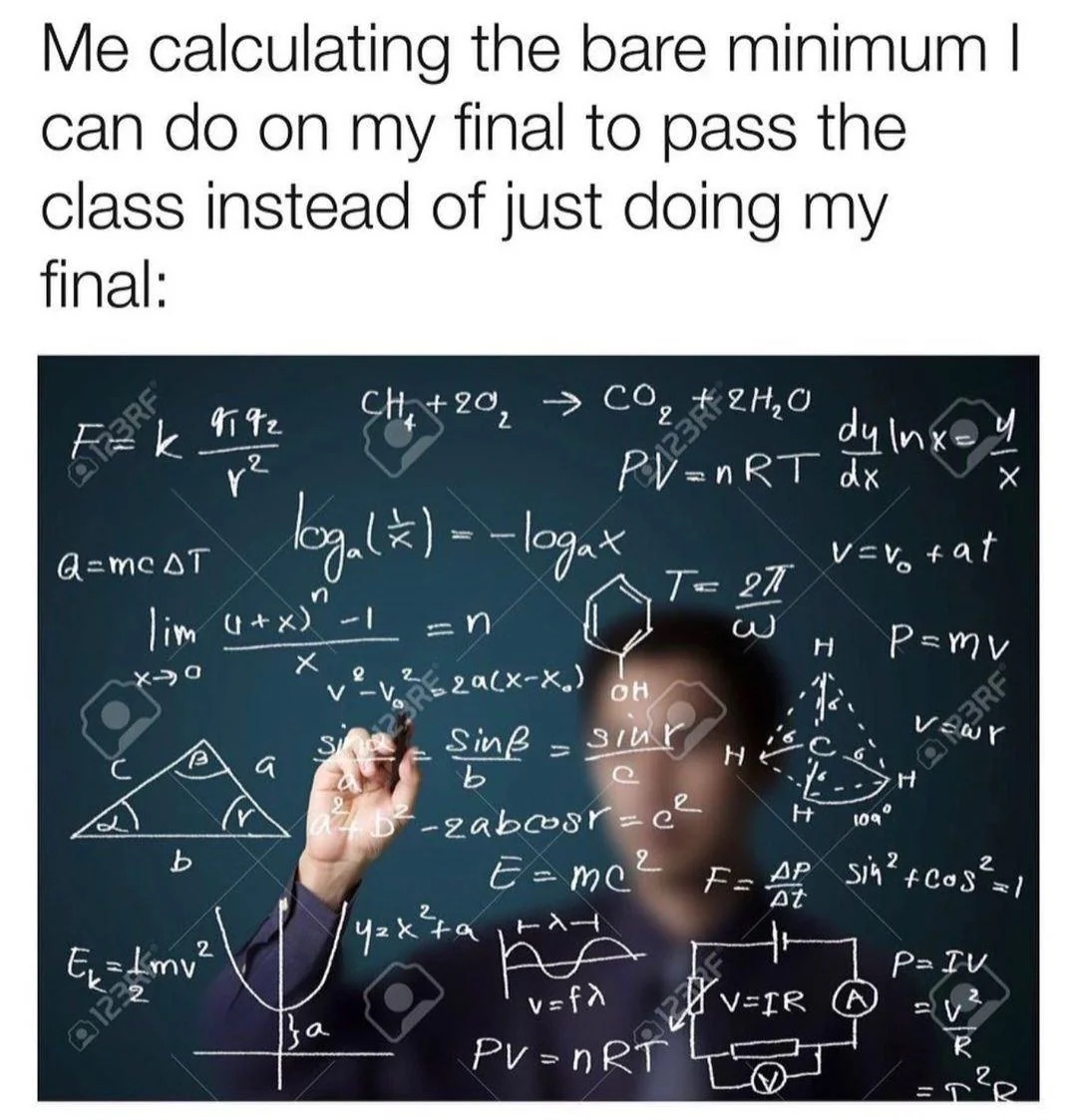The Democratic Republic of Congo (DRC) is facing one of the world’s most alarming, yet underreported humanitarian crises. For decades, violence in the eastern provinces of North Kivu and South Kivu has devastated millions of lives. Now, even Goma—the main city of North Kivu, a place filled with memories for my family and I– has been taken by rebels.
This war is not just about land or politics. It is deeply personal. My father works in Goma, and though he is currently safe outside the city, his job and the lives of my cousins, uncles, friends and other relatives are at risk. Women are being raped, children are dying and families are being torn apart. Writing this is my way of shedding light on what is happening in my country and how it affects me as a Congolese international student living far from home.
The violence in eastern Congo has escalated dramatically in recent months. According to reports, over 4.6 million people have been displaced within North Kivu and South Kivu alone, making the DRC one of the largest hosts of internally displaced populations in the world. Entire villages have been overrun by armed groups, and now Goma, a city that symbolizes resilience, is under siege.
Innocent civilians are enduring horrific atrocities—indiscriminate bombings, sexual violence and the destruction of their homes. The use of heavy weaponry in populated areas has resulted in countless casualties, including children. Many have been forced to flee to overcrowded makeshift camps where necessities, such as shelter, food and clean water are scarce. The humanitarian conditions are worsening rapidly, with access to aid restricted by insecurity and the presence of armed actors.
The root of this crisis lies in Congo’s natural resources. The DRC is rich in minerals like coltan, cobalt and gold—essential components in the technology we use daily, from smartphones to electric vehicles. Yet, these riches have become a curse. Powerful nations and corporations’ profit from Congo’s wealth, fueling conflicts through intermediaries, like neighboring Rwanda.
This is not just a local war. It is a global issue, driven by greed and exploitation. The people of Congo have become casualties in a battle for resources that benefit the rest of the world.
Goma is more than a city to me—it is a place filled with cherished memories. My father works there, and I have family members—cousins, uncles, and aunts—who have built their lives in this city. Knowing that their lives are now at risk is heartbreaking. My father is safe for now, but his work is uncertain, and my family members are trapped in a situation no one should ever have to endure.
When I think of Goma, I think of the bustling streets, the resilience of its people and the moments of joy that even war could not erase. Now, it is a city in crisis, and I feel powerless from thousands of miles away.
The media often amplifies crises in Ukraine and Palestine, but the atrocities in Congo remain largely ignored. Yet, the war in Congo has claimed over 6 million lives, displaced millions more, and subjected countless women and children to violence. This silence is not just negligence—it is complicity.
As an international student in the United States, I feel a responsibility to share Congo’s story. Writing this article is my way of raising awareness about a crisis that deserves the world’s attention.
The world cannot continue to ignore Congo’s suffering. Governments, corporations and individuals must demand accountability from those profiting from this war. Aid organizations must be given access to those in need, and the international community must recognize Congo’s plight as the humanitarian crisis it is.
If you are reading this, I urge you to learn more about what is happening in Congo. Share our story. Speak out against injustice because silence is no longer an option.
For me, this article is the loudest I can be. I hope it reaches someone who will listen, care and act.

